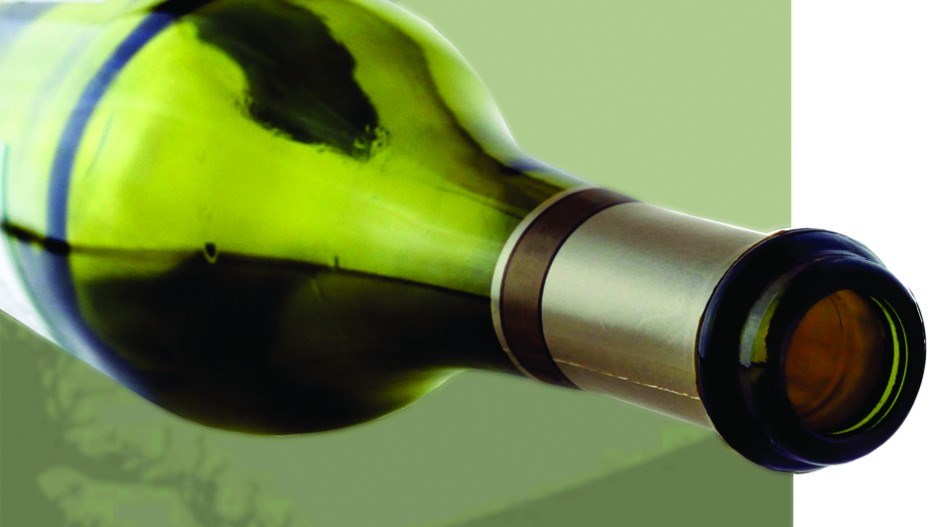A Vancouver city councillor wants the city to loosen 11-year-old guidelines that forbid stores that sell B.C. wines from locating within a kilometre of a liquor retailer.
Making the change would pave the way for B.C. Vintners Quality Alliance (BCVQA) wines to be sold on grocery store shelves.
Councillor George Affleck on September 28 sent Business in Vancouver a draft of a motion that he plans to table in the coming weeks. It urges the City of Vancouver to create a new policy that provides the same leniency as provincial law on the matter of where BCVQA stores can locate.
Miles Prodan, who is CEO of the province’s wine marketing body, the British Columbia Wine Institute (BCWI), told BIV that if the city changes its guidelines, wine could be available at the Urban Fare on Alberni Street “within 24 hours.”
The BCWI owns 21 licences to operate stores that exclusively sell wine that meets BCVQA standards. Most of those licences are being used to operate free-standing BCVQA stores, such as the Swirl wine store at 1185 Mainland Street in Yaletown.
The province’s two grocery stores that sell wine are also using BCWI licences. One licence is not being used.
The BCWI agreed to allow the Jim Pattison Group to use that non-operational license at the conglomerate’s Urban Fare grocery store at 1133 Alberni Street in Vancouver.
The agreement was that BCWI would continue to own the license and that it would require the Urban Fare to conform to a number of policies such as making shelf space available, whenever possible, for any winery that wants to sell BCVQA wine. The BCWI would also forbid Urban Fare from promoting one wine brand over another and from charging wineries fees in order to stock wines.
In exchange, the Urban Fare would pocket the profit and wineries that sell wine at the store would provide the BCWI with a slice of the proceeds.
Urban Fare renovated part of its store to include shelving and signage for wine and was all set to start selling BCVQA wine on its shelves so customers could put it in their baskets and go to check-outs run by cashiers who are over 18 years old.
City staff deemed that the store was not in compliance with city guidelines because it is a mere half a block away from a B.C. liquor store, Affleck said.
Unlike provincial law, which does not restrict where BCVQA stores go, city regulations forbid BCVQA stores from locating within one kilometre of a liquor retailer, he added.
“This isn’t about alcohol or a liquor store, it’s about making a B.C. agri-product more available,” Prodan said. “It would be like putting the Yaletown BCVQA store into a grocery store.”
What Vancouver city council decides to do regarding this matter could have ripple effects across the region.
Prodan said that the BCWI is also seeking to relocate current BCVQA stores into grocery stores in North Vancouver and Maple Ridge.
Those attempts have so far been stymied, Prodan said, because private liquor retailers are lobbying suburban councils to urge them to follow the City of Vancouver’s current more restrictive policy.




